Filter by
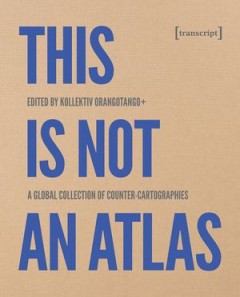
This is Not an Atlas: A Global Collection of Counter-Cartographies
This Is Not an Atlas gathers more than 40 counter-cartographies from all over the world. This collection shows how maps are created and transformed as a part of political struggle, for critical research or in art and education: from indigenous territories in the Amazon to the anti-eviction movement in San Francisco; from defending commons in Mexico to mapping refugee camps with balloons in Leba…
- Edition
- 2
- ISBN/ISSN
- 9783839445198
- Collation
- -
- Series Title
- -
- Call Number
- 912 ATL a
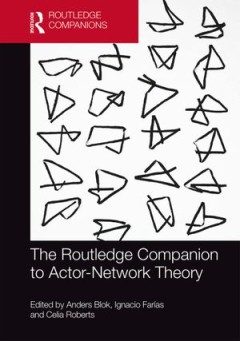
The Routledge Companion to Actor-Network Theory
This companion explores ANT as an intellectual practice, tracking its movements and engagements with a wide range of other academic and activist projects. Showcasing the work of a diverse set of ‘second generation’ ANT scholars from around the world, it highlights the exciting depth and breadth of contemporary ANT and its future possibilities.The companion has 38 chapters, each answering a …
- Edition
- -
- ISBN/ISSN
- 9781351619738
- Collation
- -
- Series Title
- -
- Call Number
- 912 ROU r
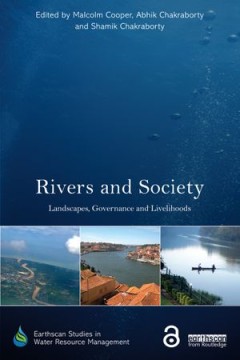
Rivers and Society: Landscapes, Governance and Livelihoods
Rivers and their watersheds constitute some of the most dynamic and complex landscapes. Rivers have sustained human communities, and human societies have utilized and altered river flows in a number of ways for millennia. However, the level of human impact on rivers, and on watershed environments, has become acute during the last hundred years or so. This book brings together empirical research…
- Edition
- -
- ISBN/ISSN
- 9781317396123
- Collation
- -
- Series Title
- -
- Call Number
- 912
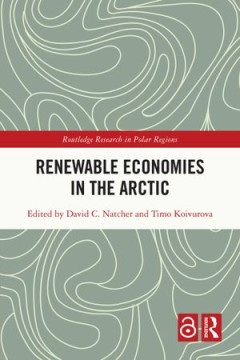
Renewable Economies in the Arctic
This book offers multidisciplinary perspectives on renewable economies in the Arctic and how these are being supported scientifically, economically, socially, and politically by Arctic states.The economic development of the Arctic region is witnessing new, innovative trends which hold promise for the sustainable development of the region. This book discusses the emerging forms of renewable econ…
- Edition
- -
- ISBN/ISSN
- 9781000464603
- Collation
- -
- Series Title
- -
- Call Number
- 900 REN r
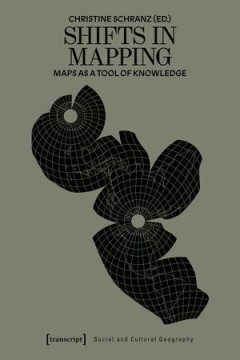
Shifts in Mapping: Maps as a Tool of Knowledge
Depicting the world, territory, and geopolitical realities involves a high degree of interpretation and imagination. It is never neutral. Cartography originated in ancient times to represent the world and to enable circulation, communication, and economic exchange. Today, IT companies are a driving force in this field and change our view of the world; how we communicate, navigate, and consume g…
- Edition
- -
- ISBN/ISSN
- 9783839460412
- Collation
- -
- Series Title
- -
- Call Number
- 307.2 SHI s
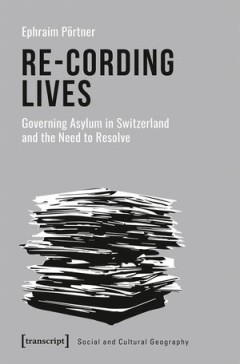
Re-Cording Lives: Governing Asylum in Switzerland and the Need to Resolve
Administrative asylum procedures are permeated by tensions between rationalities of legality, efficiency, and deterrence in asylum casework and their various effects on cases. Based on ethnographic research in the Swiss asylum administration, this book unveils the pragmatics and politics of rendering asylum cases resolvable by re-cording the lives of applicants in terms of asylum. With his read…
- Edition
- -
- ISBN/ISSN
- 9783839453490
- Collation
- -
- Series Title
- -
- Call Number
- 351.81 POR r
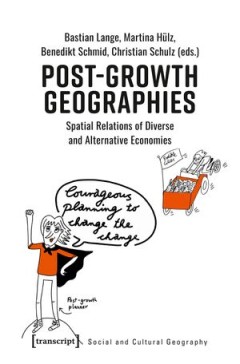
Post-Growth Geographies: Spatial Relations of Diverse and Alternative Economies
Post-Growth Geographies examines the spatial relations of diverse and alternative economies between growth-oriented institutions and multiple socio-ecological crises. The book brings together conceptual and empirical contributions from geography and its neighbouring disciplines and offers different perspectives on the possibilities, demands and critiques of post-growth transformation. Through c…
- Edition
- -
- ISBN/ISSN
- 9783839457337
- Collation
- -
- Series Title
- -
- Call Number
- 301 POS p
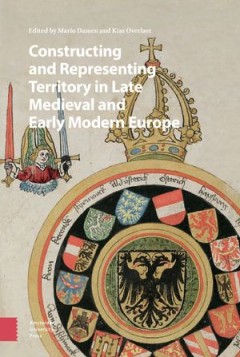
https://openresearchlibrary.org/content/d6ddf831-9ca9-46b0-9c43-1820c069ba9
In recent political and constitutional history, scholars seldom specify how and why they use the concept of territory. In research on state formation processes and nation building, for instance, the term mostly designates an enclosed geographical area ruled by a central government. Inspired by ideas from political geographers, this book explores the layered and constantly changing meanings of t…
- Edition
- -
- ISBN/ISSN
- -
- Collation
- -
- Series Title
- -
- Call Number
- -
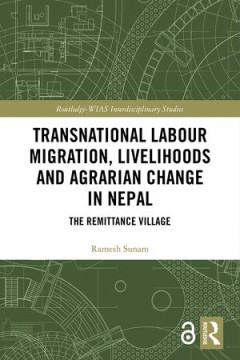
Transnational Labour Migration, Livelihoods and Agrarian Change in Nepal: The…
Through the prism of a Nepali remittance village, this book critically examines poverty and livelihood dynamics remade through transnational labour migration and remittances, and their interrelationships with land, rural labour and agriculture. The concept of The Remittance Village emphasises rural people’s transnational mobilities as a key feature of contemporary dynamics in many parts of th…
- Edition
- -
- ISBN/ISSN
- 9781000060782
- Collation
- -
- Series Title
- -
- Call Number
- 351.81 SUN t
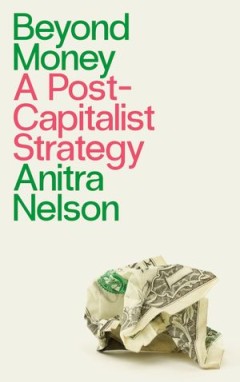
Beyond Money : A Postcapitalist Strategy
A fascinating portal into arguments about why we need to get beyond money' - Harry Cleaver What would a world without money look like? This book is a lively thought experiment that deepens our understanding of how money is the driver of political power, environmental destruction and social inequality today, arguing that it has to be abolished rather than repurposed to achieve a postcapitalis…
- Edition
- -
- ISBN/ISSN
- 9781786807809
- Collation
- -
- Series Title
- -
- Call Number
- -
 Computer Science, Information & General Works
Computer Science, Information & General Works  Philosophy & Psychology
Philosophy & Psychology  Religion
Religion  Social Sciences
Social Sciences  Language
Language  Pure Science
Pure Science  Applied Sciences
Applied Sciences  Art & Recreation
Art & Recreation  Literature
Literature  History & Geography
History & Geography